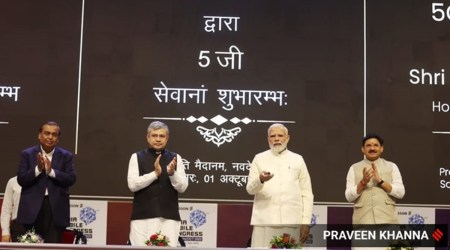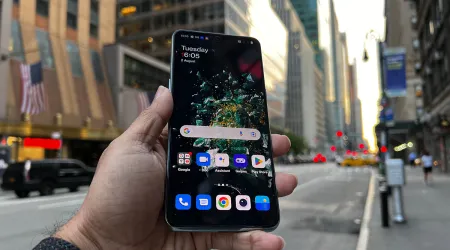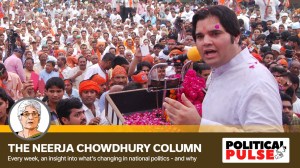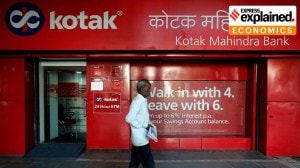- India
- International
Not just Airtel Zero: Facebook to WhatsApp, everyone has violated Net Neutrality in India
When it comes to violating Net Neutrality, Airtel is getting a lot of flak. But here are examples of other freebies that are also in violation of the same.
 Telecom Minister Ravi Shankar Prasad said telecom sector regulator Trai is holding wide consultations on net neutrality.
Telecom Minister Ravi Shankar Prasad said telecom sector regulator Trai is holding wide consultations on net neutrality.
India’s Internet population is raging around the issue of Net Neutrality. And Airtel’s Zero programme is what has pushed netizens into taking a stand on the issue.
Airtel Zero will allow users to access some apps for free (these being apps that have partnered with Airtel). So technically free comes at a cost, in this case for the companies involved. Flipkart is allegedly one of the partnering apps for this programme and their CEO Sachin Bansal has defended the move on social media.
Airtel’s idea to offer some apps for free is essentially a violation of Net Neutrality. Why? Because net neutrality argues that all Internet data, websites, apps should be treated equally, that they should all be accessible at the same speed and the price you’re paying to your Internet Service Provider (ISP). In short, your ISP can’t charge you more for say Facebook and YouTube, just because you spend more time on these websites.
While Airtel is facing flak for their Airtel Zero programme, the problem is that they aren’t the only violators of Net Neutrality. We take a look at other examples that have violated Net Neutrality in India.
1) The Reliance-Facebook deal for Internet.org: Facebook’s idea with Internet.org is to provide free Internet access to those areas of the world where the facilities might not be available and to those who can’t afford it. In theory this sounds like a benevolent scheme, except that the way it functions is a violation of Net Neutrality.

Facebook in February announced that it was tying up with Reliance.org to provide free access on 2G and 3G networks in select parts of the country. But the catch? The definition of ‘free Internet’ was restricted to Facebook, and a list of sites that the company had teamed up with, which included the likes of ClearTrip, Wikipedia, Bing Search, etc. No matter how you look, it’s a splintered version of Internet that Facebook is offering with Internet.org, which is a violation of Net Neutrality.
2) The free WhatsApp packs: In 2012, Reliance had announced that it would offer free Facebook and WhatsApp to its GSM users for Rs 16 per month, without any extra data costs. Again while the word free appears to be operative in this pack, this too violates Net Neutrality. The question remains why should users pay extra to keep Facebook or WhatsApp free or rather why should other apps be chargeable for users.
3) Aircel and Wikipedia: In 2013, Aircel had announced that it will offer free access to Wikipedia on mobile phones. The partnership is currently valid for 3 years.
Wikipedia might be an instant go to for many of us, but that still doesn’t justify why it should be free of charge on a particular network, when accessing other sites means incurring data charges for users.
4) Reliance and Twitter pack: In 2013, Reliance announced that it will offer Twitter access pack, which gave Reliance users unlimited Twitter access for free once they subscribed to the pack. While you might rejoice at accessing Twitter for free, the fact is that Twitter ends up getting preferential treatment, which is again wrong.
Technically all of this sounds like a great deal for the customer because they get access to their favourite sites for ‘free’. But the fact of the matter is that if you really support Net Neutrality, you need to stay away from the freebies.
More Tech
Apr 24: Latest News
- 01
- 02
- 03
- 04
- 05































